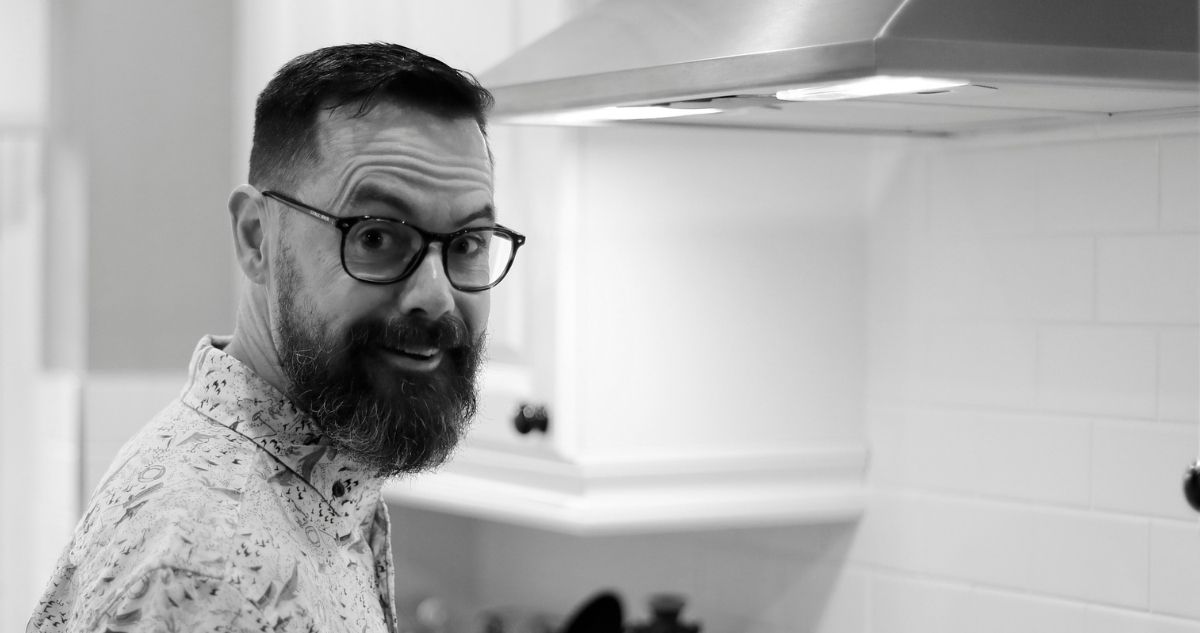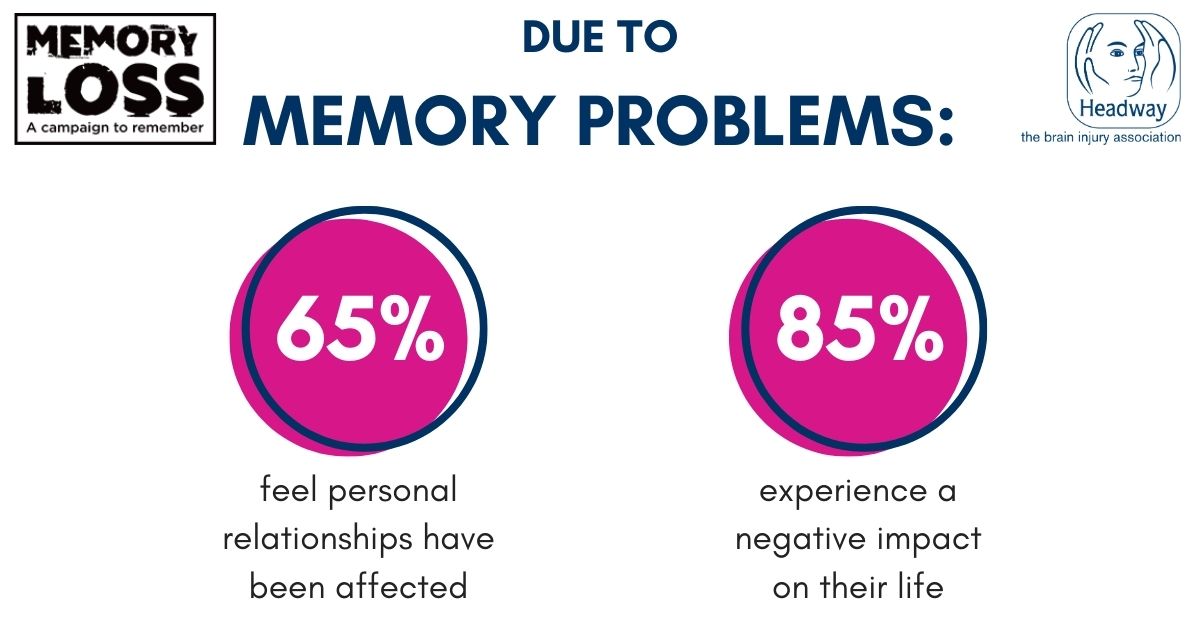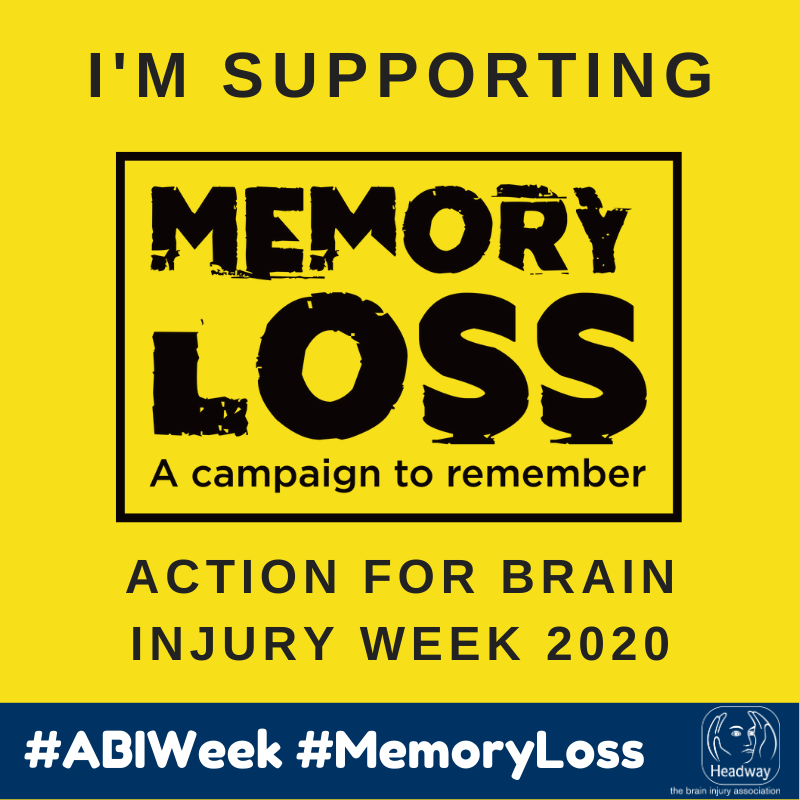Memory Loss: A campaign to remember Memory loss: A campaign to remember aims to raise awareness of the ways in which memory problems can affect brain injury survivors and their families. It explores the impact of memory on relationships, recovery and returning to work.
One of the most common concerns from brain injury survivors contacting our helpline or posting on social media is the profound impact that memory problems can have on their lives and relationships post brain injury.
Indeed, in the last year memory was one of the most prevalent issue callers mentioned when contacting us.
Explore the campaign:
- “My memories had been erased”: Dad-of-two supports national memory loss campaign
- Animation: Memory loss after brain injury
- Survey results: The impact of memory problems on people with brain injury
- Get involved: We need YOU!
- Ron's memory video diary
- Find out about memory problems
“My memories had been erased”: Dad supports national memory loss campaign

Memory problems after a brain injury can be life changing and are very different from the usual, everyday memory frustrations many of us experience. They can make a survivor feel alone, angry and confused and can impact every aspect of their life.
A recent study by Headway – the brain injury association found that 72% of brain injury survivors feel that the people in their life don't understand their memory problems, with 81% reporting that their life would be improved if people had a better understanding of this complex condition.
Karl Hargreaves, 49, is just one of those people battling severe memory loss following a brain injury.
Animation: Memory loss after brain injury
Our Memory loss after brain injury animation was produced in response to the findings of our survey, and aims to raise awareness of this complex effect of brain injury.
It tells the story of Tony, a father who sustained a brain injury in a car accident. After waking from a coma, he didn’t recognise his family and closest friends.
Survey results: The impact of memory problems on people with brain injury

In January 2020, we launched a survey into the effects of memory loss, to be completed by brain injury survivors or their family members and carers acting on their behalf.
The results are striking, with 85% of survivors experiencing a negative impact on their lives and 65% feeling that their personal relationships have been negatively affected as a result of their memory problems.
- Explore the survey results
- Download the survey report (PDF)
- View and share the survey results (infographic)
Get involved: We need YOU!
You can get involved with our campaign by sharing our infographics, images and videos on your social media using the hashtags #MemoryLoss #ABIWeek. The more people share, the more we'll increase understanding of memory loss after brain injury!
As well as sharing this very page, here are some other things you can share:
- View our animation on YouTube
- Download our memory loss survey infographic
- Download the 'I'm supporting' campaign logo
- Set this image as your profile pic on Facebook, Twitter or Instagram
- Head to our Facebook, Twitter or Instagram channels and join the conversation
- If you're a social media wizard you can download our full social media pack (ZIP file) and get sharing!

Thank you for your support!
Ron's memory video diary
Brain injury survivor Ron shares his memory loss video diary, explaining what memory loss means to him, the daily challenges he faces as a result and some advice for coping with the condition:
Find out about memory problems
My story
"I didn’t have any other choice but to start again from scratch."
Years of precious memories were wiped in an instant when Karl Hargreaves was involved in a road traffic collision.
The memories of his girlfriend, the death of his mother and years’ worth of relationships – all gone in a split second.
Read story“My memories had been erased”: Dad supports national memory loss campaign
Dad-of-two supports national memory loss campaign.
Find out moreCharity animation highlights devastating impact of memory loss
An emotional campaign video has been launched by Headway to highlight the complex and devastating effects of memory loss after brain injury.
Find out moreThe impact of memory loss on people with brain injury
Explore the results of this important analysis of the impact of memory loss on those affected by acquired brain injury.
Find out moreHow to cope with memory problems after brain injury
With the help of our online communities, we discuss some of the strategies that can be used to cope with memory problems after brain injury.
Find out moreExpert view: How is memory affected by brain injury?
Professor Barbara A. Wilson, OBE gives an overview of the challenges that memory problems can cause, and the steps survivors can take to cope with this common effect of brain injury.
Find out moreMemory problems
Memory is easily affected by brain injury because there are several structures within the brain that are involved in memory, and injury to any of these parts can impair memory performance.
Find out moreRebekah Nesbitt
Brain injury survivor Rebekah Nesbitt has no memory of the day her fiancé James proposed to her.
Find out more








